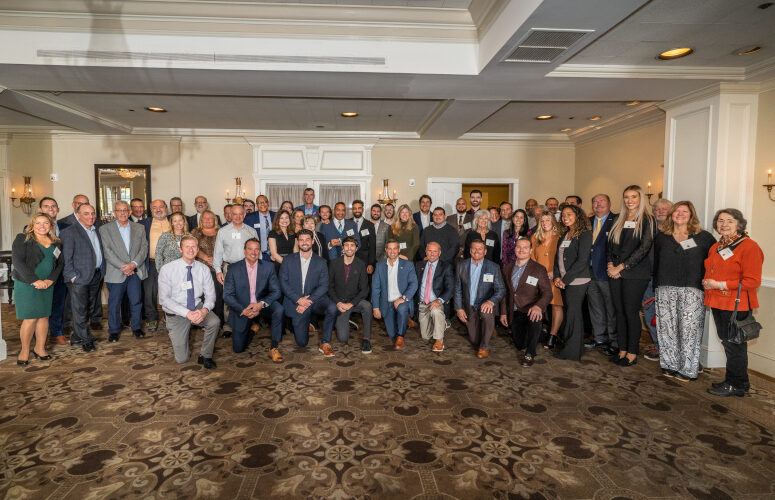
Study: Employee Ownership Narrows Gender and Racial Wealth Gaps
Rutgers Institute for the Study of Employee Ownership and Profit Sharing Completes Three-Year Research Project Supported by the W.K. Kellogg Foundation
On May 1, 2019In the first-ever national study of low-income and moderate-income workers at employee-owned companies, researchers discovered employee stock ownership plans (ESOPs) enable families to significantly increase their assets, shrinking—though not eliminating—gender and racial wealth gaps. The research by the Rutgers Institute for the Study of Employee Ownership and Profit Sharing suggests employee ownership can reduce wealth inequality in the U.S.
“The top 10 percent of American households own more wealth than the bottom 90 percent combined,” said Beyster Distinguished Professor Joseph Blasi, Director of the Rutgers Institute for the Study of Employee Ownership and Profit Sharing. “This study demonstrates that employee share ownership can chip away at inequality by putting significant wealth in the hands of the working middle class.”
Supported by a grant from the W.K. Kellogg Foundation, a Rutgers-led team of researchers interviewed close to 200 employees at 21 companies that offer an ESOP retirement account. About half of the workers surveyed are defined as low-income or moderate-income based on earnings. The ESOP account gives them significant wealth, above and beyond their wages and other income. The three-year study finds:
- The low/moderate-income workers have ESOP account values ranging from $15,000 to $6 million, with a median value of $165,000. By contrast, the typical American household has just $17,000 in savings.
- Of the low/moderate-income workers surveyed, those closest to retirement (ages 60 to 64) have 10 times more wealth than the typical American in that age group.
- ESOPs do not eliminate gender and racial wealth inequality, but they significantly narrow the gaps.
- Several workers in the survey borrowed against their ESOP account to pay for medical expenses, make the down payment on a home, or send their children to college. The ESOP kept them out of debt.
- Many low/moderate-income workers—especially single women—told researchers the ESOP gives them a sense of economic security and enables them to think about retirement for the first time.
- In ESOP firms with participatory management, workers improved their communication skills and learned open book management, which also enabled them to make better financial decisions at home.
“Past research showed that employee-owned firms perform better on average, but we didn’t know much about what employee ownership means to regular employees,” said Distinguished Professor Douglas Kruse, associate dDirector of the Rutgers Institute for the Study of Employee Ownership and Profit Sharing. “This study provides rich data from the perspective of workers about the many ways in which employee ownership transforms the workplace.”
“This was a proof of concept study and we found the proof,” said study co-author Janet Boguslaw, a Kellogg Fellow in the Rutgers Institute for the Study of Employee Ownership and Profit Sharing and a senior sScientist at Brandeis University. “Low and mid-income employees who have the opportunity to share in the capital built through their labor have greater wealth than their non-employee owner peers. Period.”
“Employee ownership can have particular benefits for low-income women and people of color, who are often marginalized at the bottom of workplace organizations,” said study co-author Lisa Schur, a Kellogg Fellow in the Rutgers Institute for the Study of Employee Ownership and Profit Sharing and professor at Rutgers University. “Not only can employee ownership lead to economic rewards, but it can also help these workers attain increased voice and skills in the workplace.”
“The gender wealth gap is fundamental to inequality, and this study shows the potential of employee ownership to begin to address it,” said Glenda Gracia-Rivera, a Kellogg Fellow in the Rutgers Center for Women and Work. Rivera served as project manager for the study, coordinating a team of 15 researchers from nine colleges and universities nationwide.
“There simply was not evidence in the field that employee ownership and profit sharing actually worked for everyday people,” said Jeanne Wardford, program officer at the W.K. Kellogg Foundation. “This research is pathbreaking, and will guide our investments to support poor families with small children, and – hopefully – stimulate more interest in the philanthropic world in developing new strategies for wealth creation.”
To access more business news, visit NJB News Now.
Related Articles:





